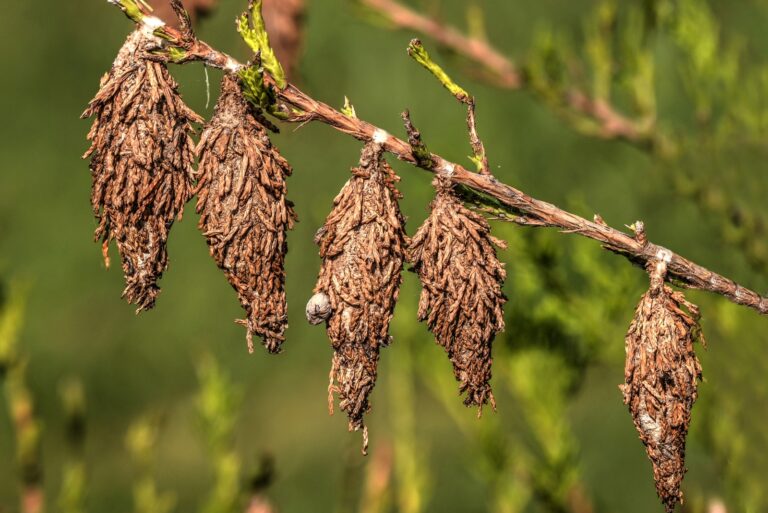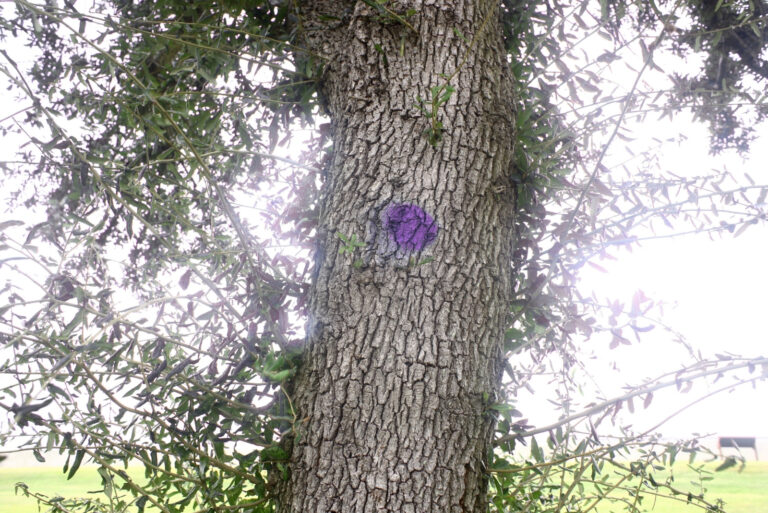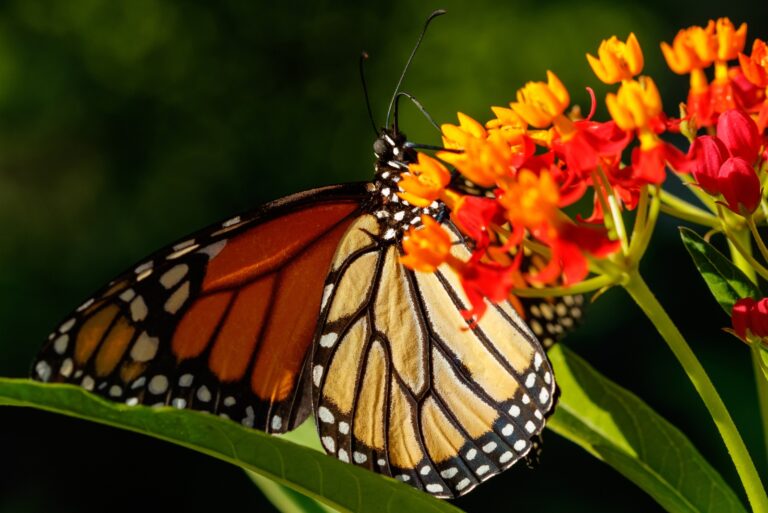These Garden Practices Could Get You Fined In Nevada
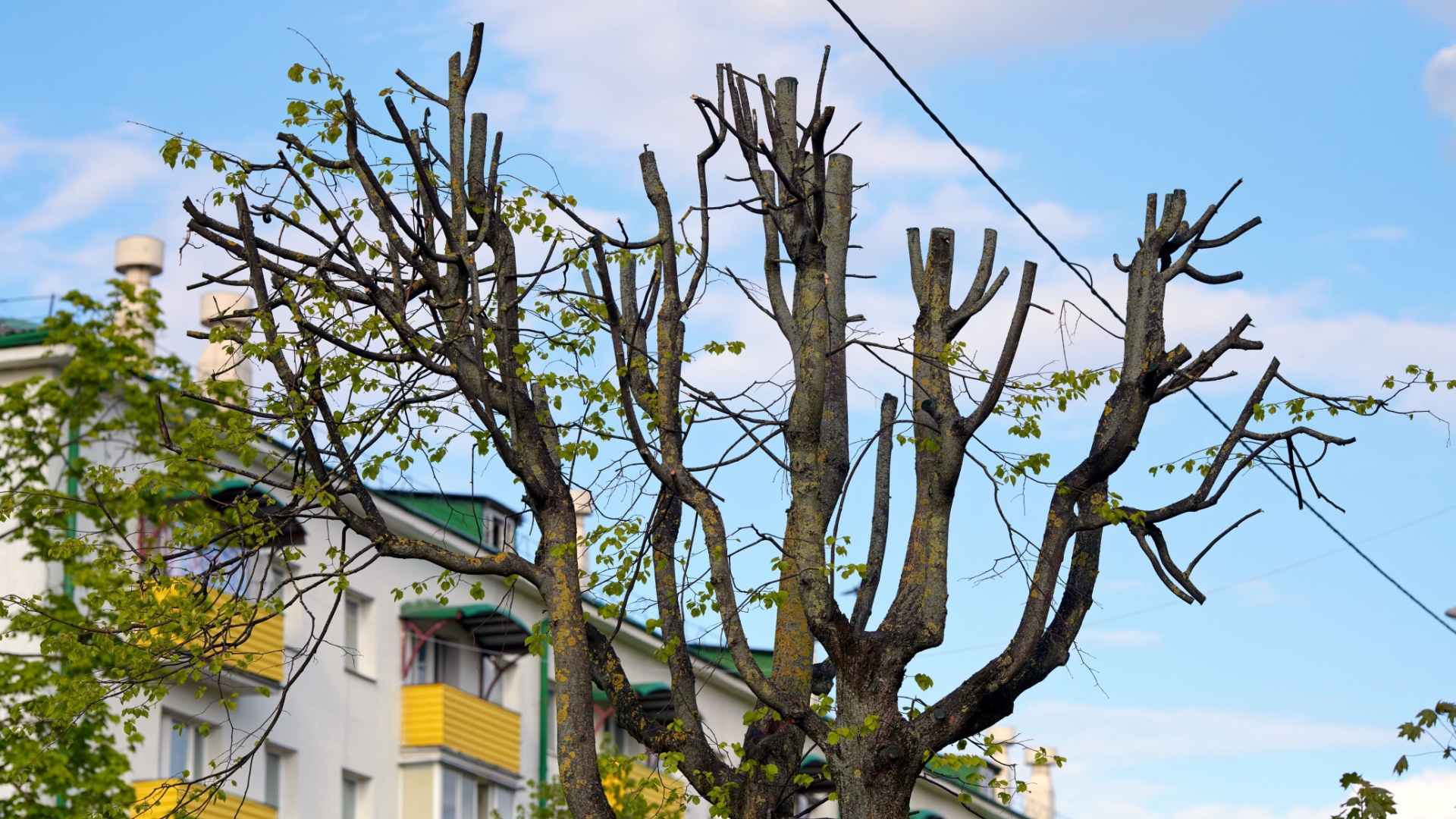
Gardening in Nevada comes with unique challenges due to the state’s desert climate and strict water conservation laws. What seems like innocent gardening practices elsewhere might actually violate local ordinances and land you with hefty fines in the Silver State.
Understanding these regulations can save you money and help protect Nevada’s fragile desert ecosystem.
1. Overwatering Your Lawn
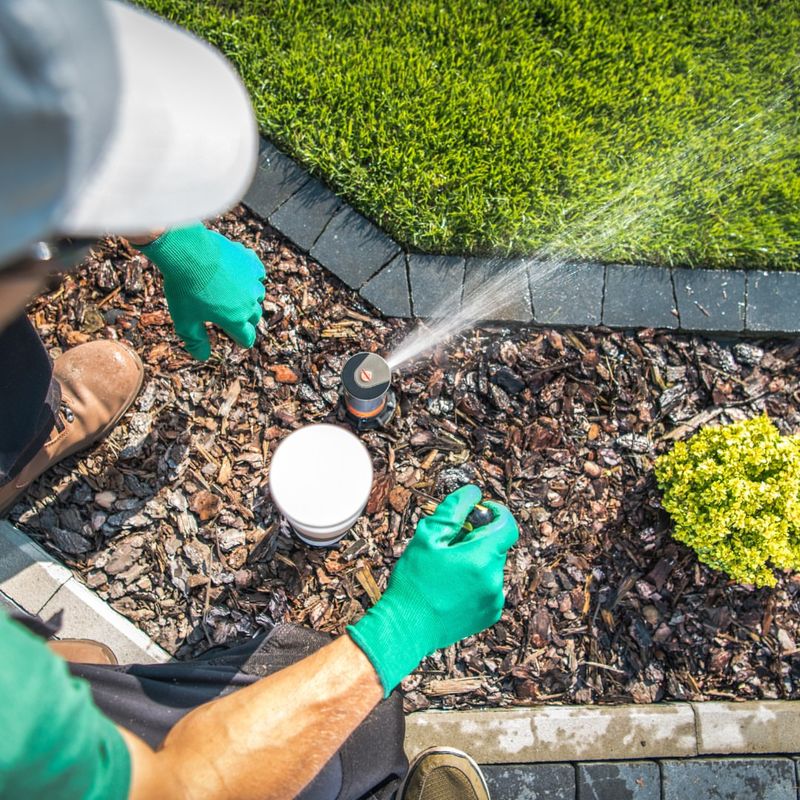
Nevada’s water restrictions are serious business in a state where every drop counts. Many municipalities enforce strict watering schedules based on your address number and season.
First-time violations often receive warnings, but repeat offenders face fines starting at $100 and escalating to $1,000 for multiple infractions. Some areas even use water patrol officers who actively look for violations in neighborhoods.
2. Growing Invasive Plant Species
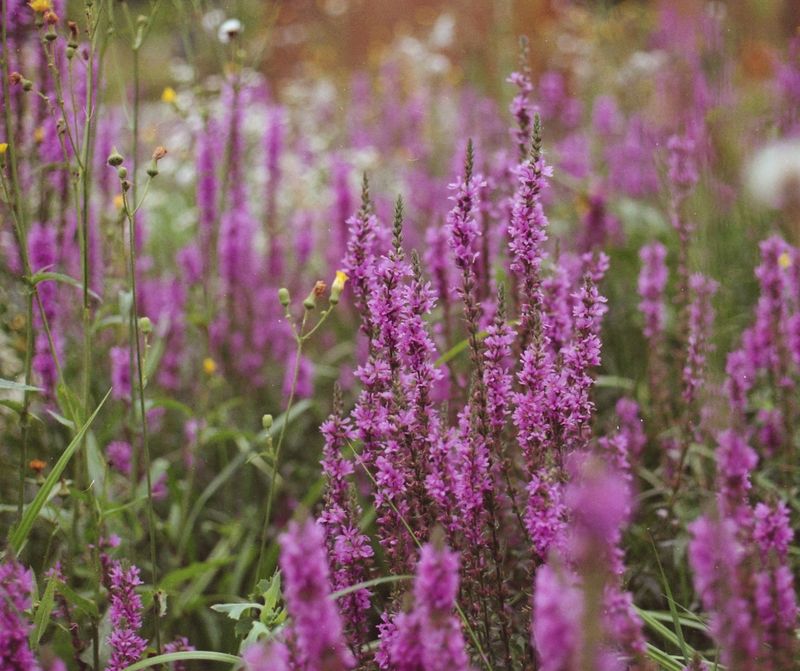
Certain plants that grow beautifully elsewhere can wreak havoc on Nevada’s delicate ecosystem. Species like Russian olive, tamarisk, and yellow starthistle are prohibited because they crowd out native plants and consume excessive water.
Fines for knowingly planting invasive species range from $500 to $5,000 depending on the plant and extent of the violation. Additionally, you might be required to pay for professional removal and habitat restoration.
3. Neglecting Weed Control
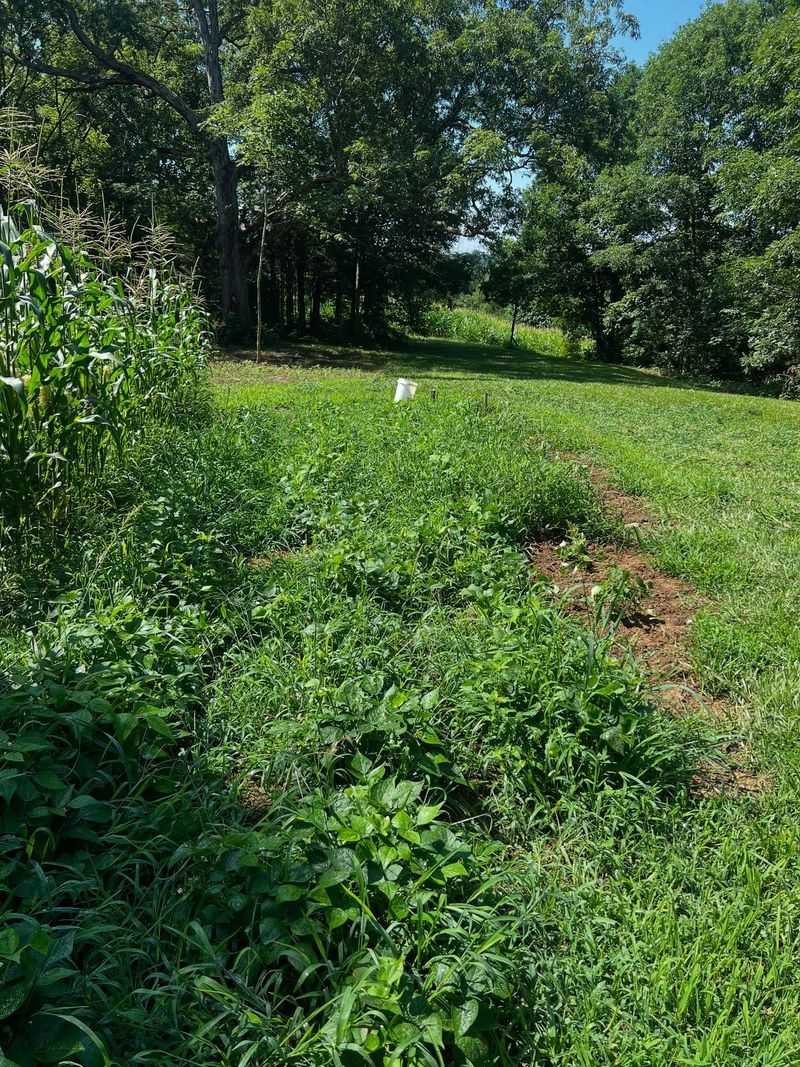
Untamed weeds aren’t just an eyesore—they’re a violation of Nevada municipal codes in most counties. Allowing weeds to exceed 12 inches in height can trigger enforcement action, especially during fire season when dry vegetation poses significant hazards.
Local authorities typically issue a notice giving homeowners 7-14 days to address the problem. Failure to comply can result in fines of $250-$500, plus the cost if the city dispatches a crew to clear your property.
4. Improper Tree Planting Near Power Lines
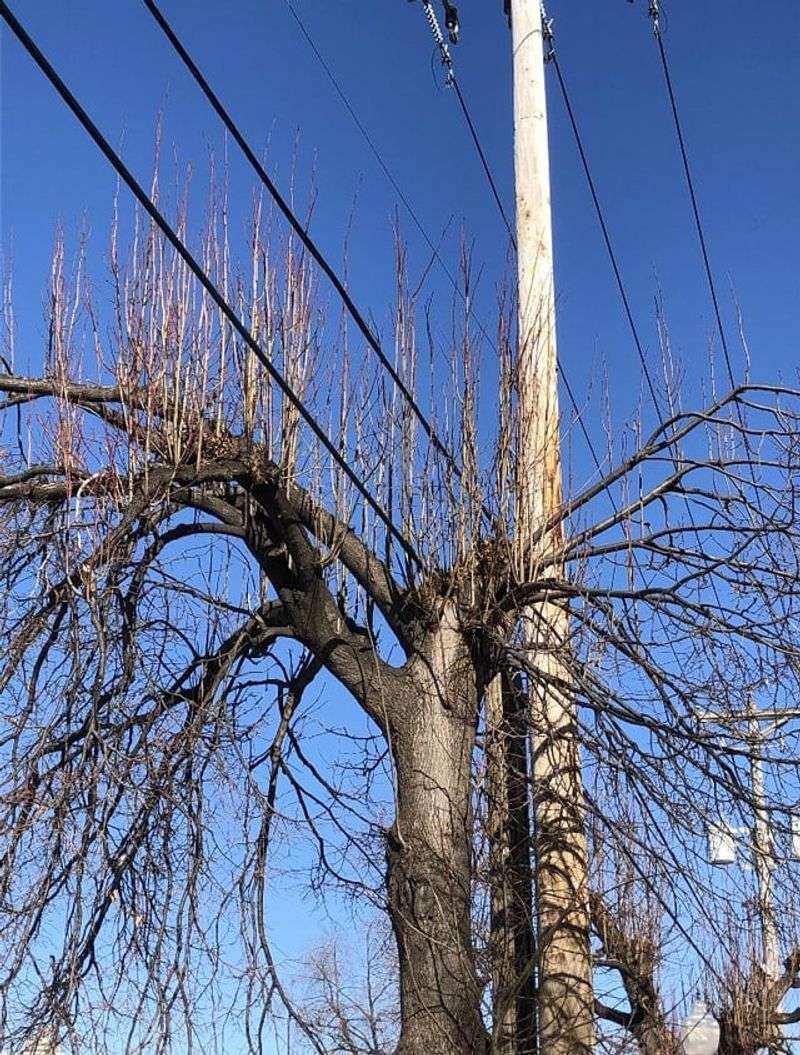
Planting trees without considering their mature height and proximity to power lines creates serious safety hazards. Nevada utility companies enforce strict guidelines about tree placement to prevent outages and fire risks.
Tall-growing species must be planted at least 20 feet away from overhead lines. Violators may face fines up to $1,000 and liability for damages if their trees cause outages. The utility company also maintains the right to trim or remove problematic trees at the owner’s expense.
5. Violating HOA Landscaping Rules
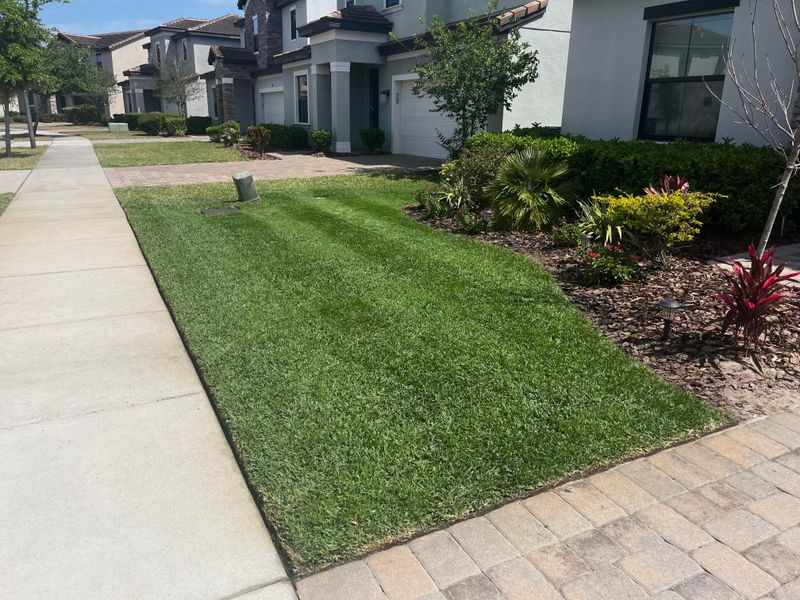
Homeowners associations in Nevada wield significant power over your garden choices. Many HOAs have detailed regulations governing everything from plant selection to garden ornament placement and even the color of your mulch.
Fines typically start around $100 for minor violations but can reach $500 for repeated or significant infractions. Some associations also impose daily penalties until the violation is corrected, potentially adding thousands to your bill for prolonged non-compliance.
6. Wasteful Irrigation Methods
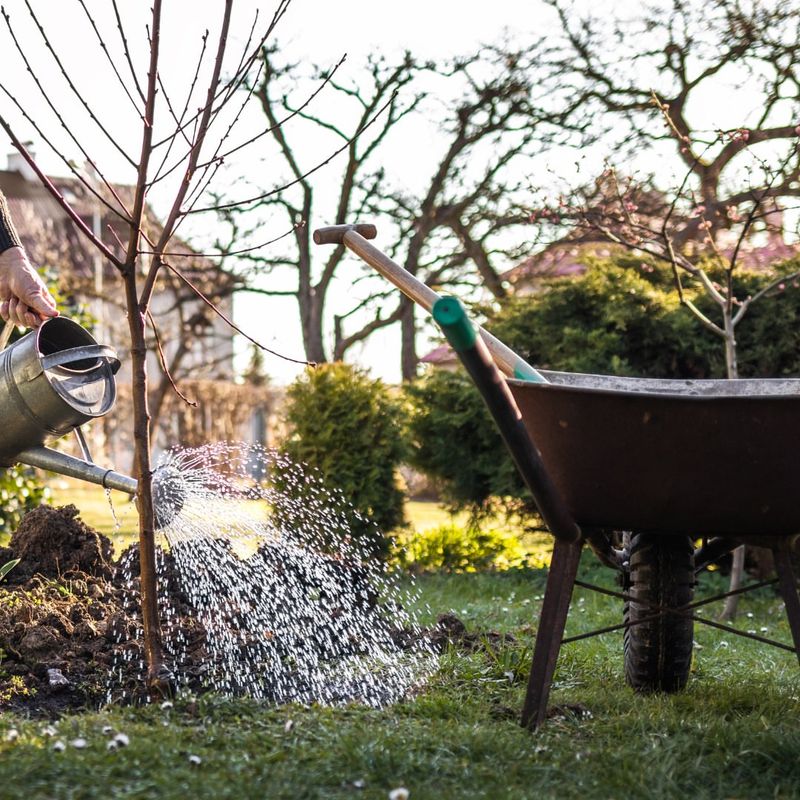
Spray irrigation during daytime hours loses significant water to evaporation in Nevada’s arid climate. Most counties prohibit watering between 11 AM and 7 PM from May through October.
Smart irrigation controllers and drip systems are strongly encouraged, with some water districts offering rebates for installation. Using outdated or inefficient irrigation can result in warnings followed by fines ranging from $80 to $500 depending on the severity and frequency of violations.
7. Excessive Turf Grass Installation
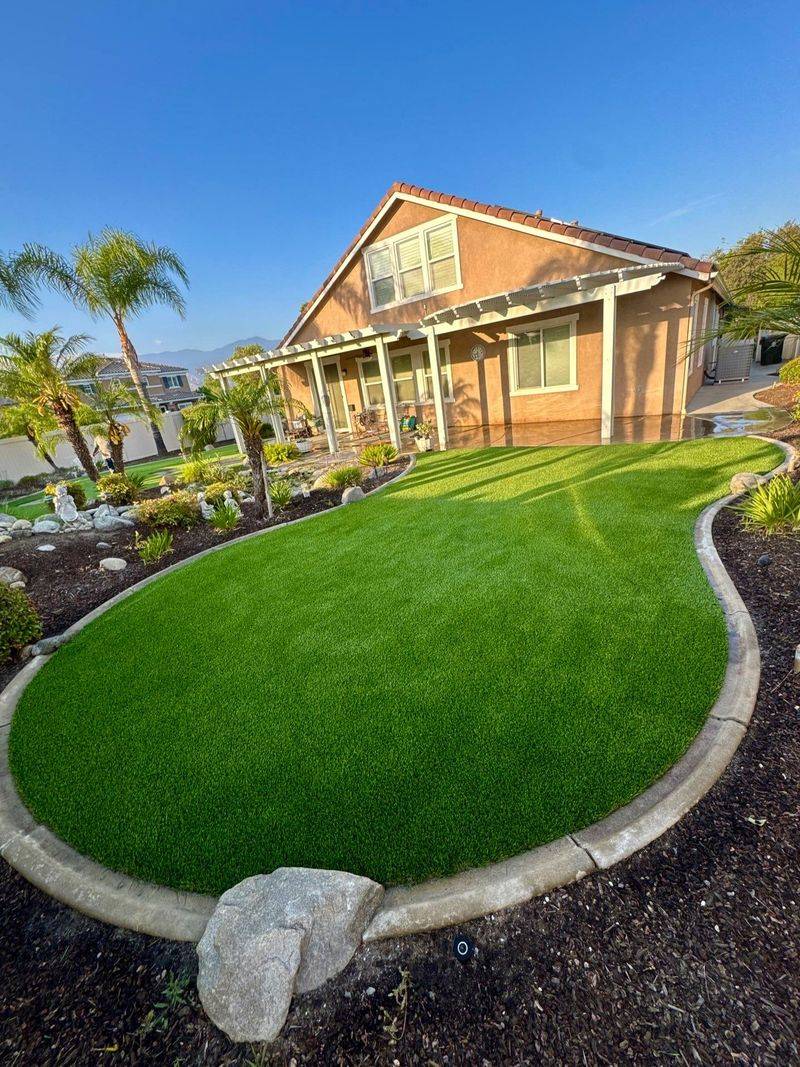
Nevada’s war on grass is intensifying, with Las Vegas leading the charge by banning non-functional turf. New properties face strict limitations on lawn size, typically capped at 50% of the landscapable area or less.
Southern Nevada residents can actually earn rebates of $3 per square foot for removing grass. Installing excessive turf can trigger fines of $40 per square foot over the allowed limit and mandatory removal orders. The financial penalties add up quickly for large lawns.
8. Non-Compliant Water Features

Fountains, ponds, and other water features must follow specific regulations in Nevada’s water-conscious communities. Most jurisdictions require recirculating pumps and limit surface area to prevent excessive evaporation.
Some areas prohibit water features that spray more than 6 feet in height. Violations can result in fines between $100-$1,000 depending on the municipality and severity. Particularly wasteful installations may require complete removal at the owner’s expense.
9. Allowing Runoff Onto Public Property
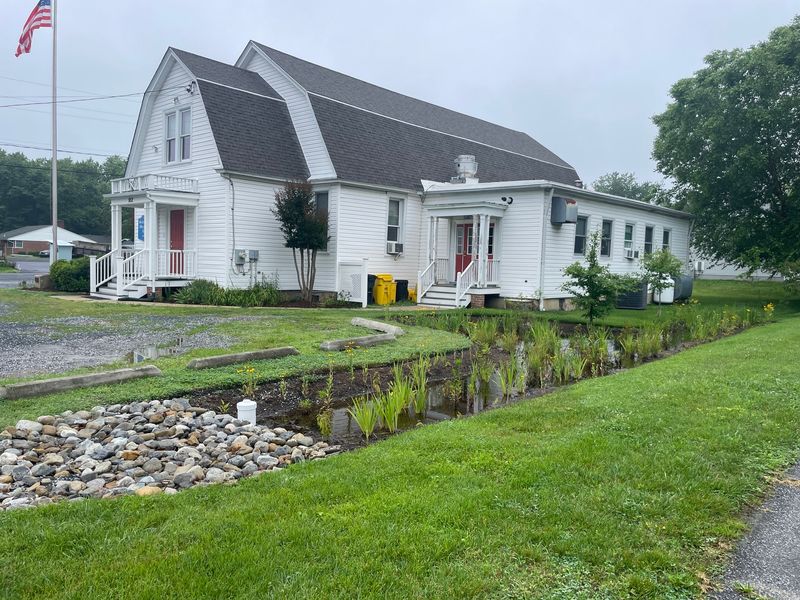
Water that flows from your garden onto sidewalks, streets, or neighboring properties is strictly prohibited throughout Nevada. Runoff wastes precious water resources and can damage public infrastructure.
Properly designed irrigation systems should prevent any water from leaving your property. Violations typically start with a warning but can escalate to fines of $80 for first offenses and up to $500 for repeated incidents. Some municipalities also charge for water waste based on estimated gallons.
10. Failure to Control Fruit Tree Debris
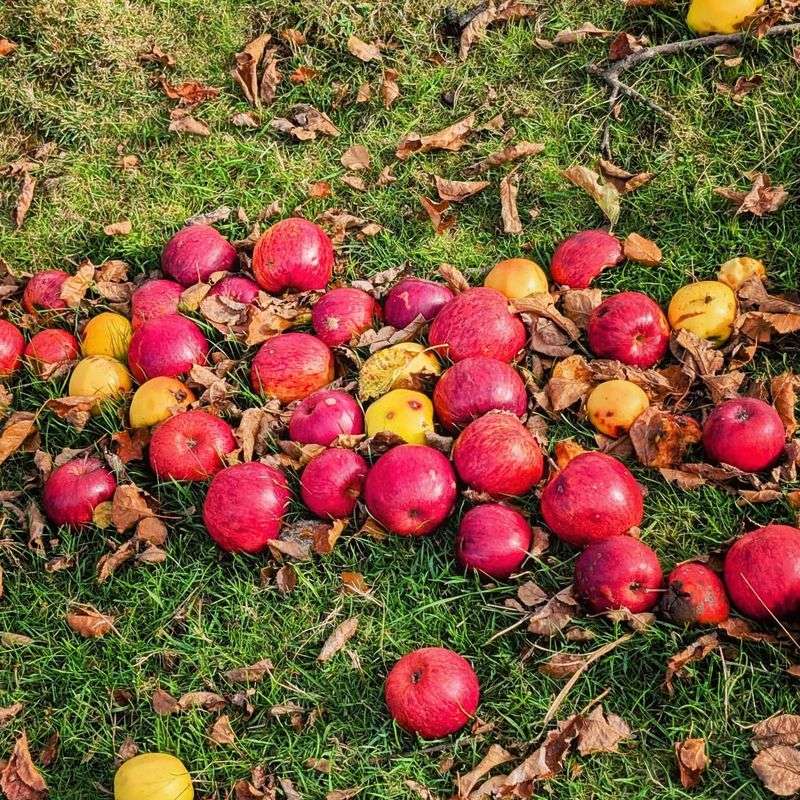
Fallen fruit from trees creates more than just a mess—it’s a potential health violation that attracts pests and creates slip hazards. Nevada health codes require prompt removal of fallen fruit, especially in urban areas.
Neglected fruit trees that create nuisance conditions can result in citations starting at $100. The regulations become even stricter if the fallen fruit attracts rodents or insects that affect neighboring properties. Multiple complaints may trigger mandatory tree removal orders.
11. Unpermitted Landscape Construction
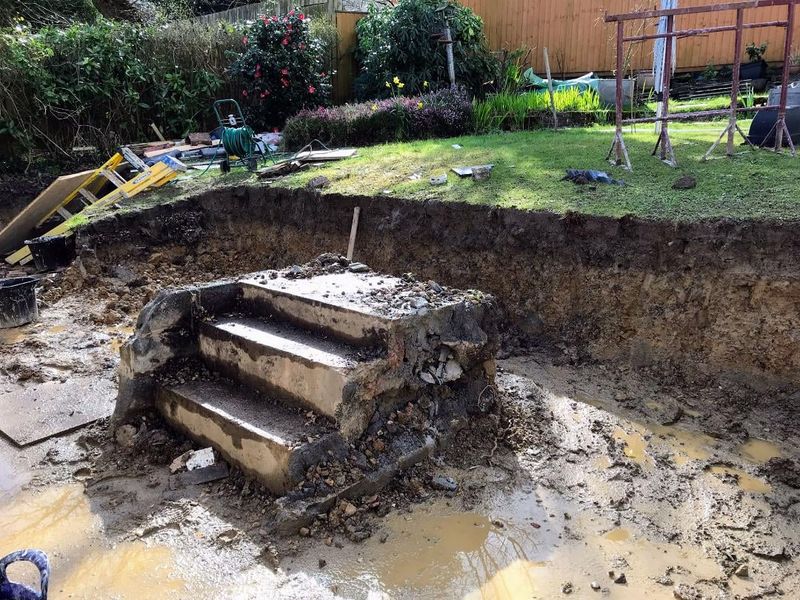
Building garden structures without proper permits can lead to significant penalties. Retaining walls over 24 inches high, permanent shade structures, and water features typically require permits in most Nevada counties.
Fines for unpermitted construction commonly start at twice the normal permit fee and can reach $1,000 or more for major violations. The worst part? You may be ordered to remove the entire structure at your expense, even if it’s well-built and attractive.
12. Blocking Utility Easements With Plants
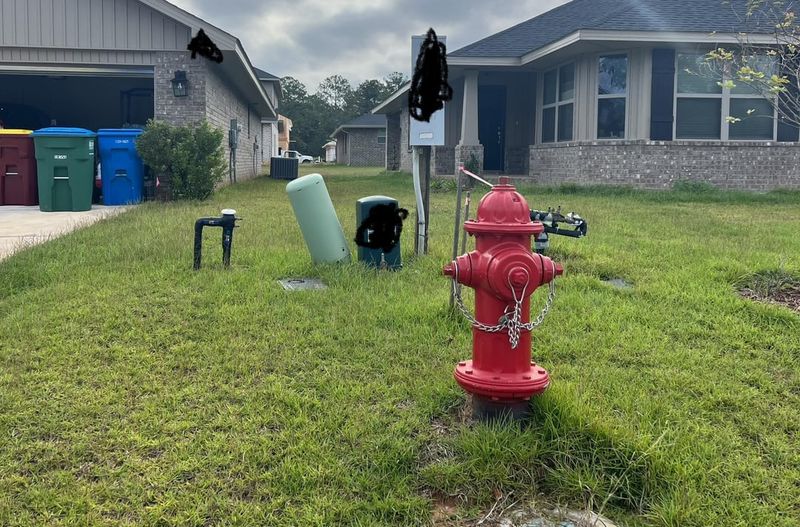
Utility easements on your property must remain accessible at all times. Planting trees, shrubs, or installing permanent structures in these areas violates Nevada utility regulations.
Most easements require at least 10 feet of clearance for emergency access and maintenance. Utility companies have legal rights to remove any obstructions without compensation to homeowners. Additionally, municipalities can impose fines of $200-$500 for intentionally blocking access to public utilities.
13. Improper Chemical Application
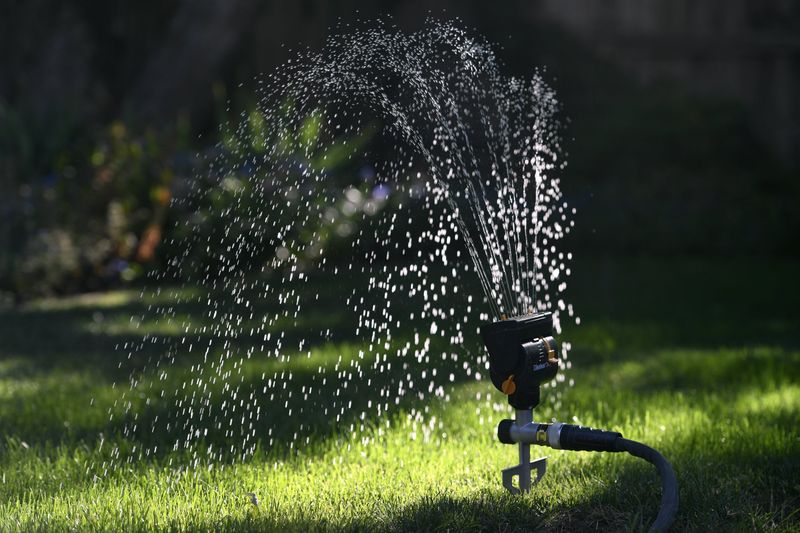
Misusing fertilizers and pesticides isn’t just harmful to the environment—it’s illegal in many Nevada jurisdictions. Applying chemicals before rain or on windy days increases runoff into the water system.
Nevada counties have specific regulations about when and how garden chemicals can be applied. Violations can trigger fines starting at $250, with serious cases involving water contamination reaching $10,000 or more. Professional applicators face even steeper penalties and possible license revocation.
14. Creating Wildlife Attractants
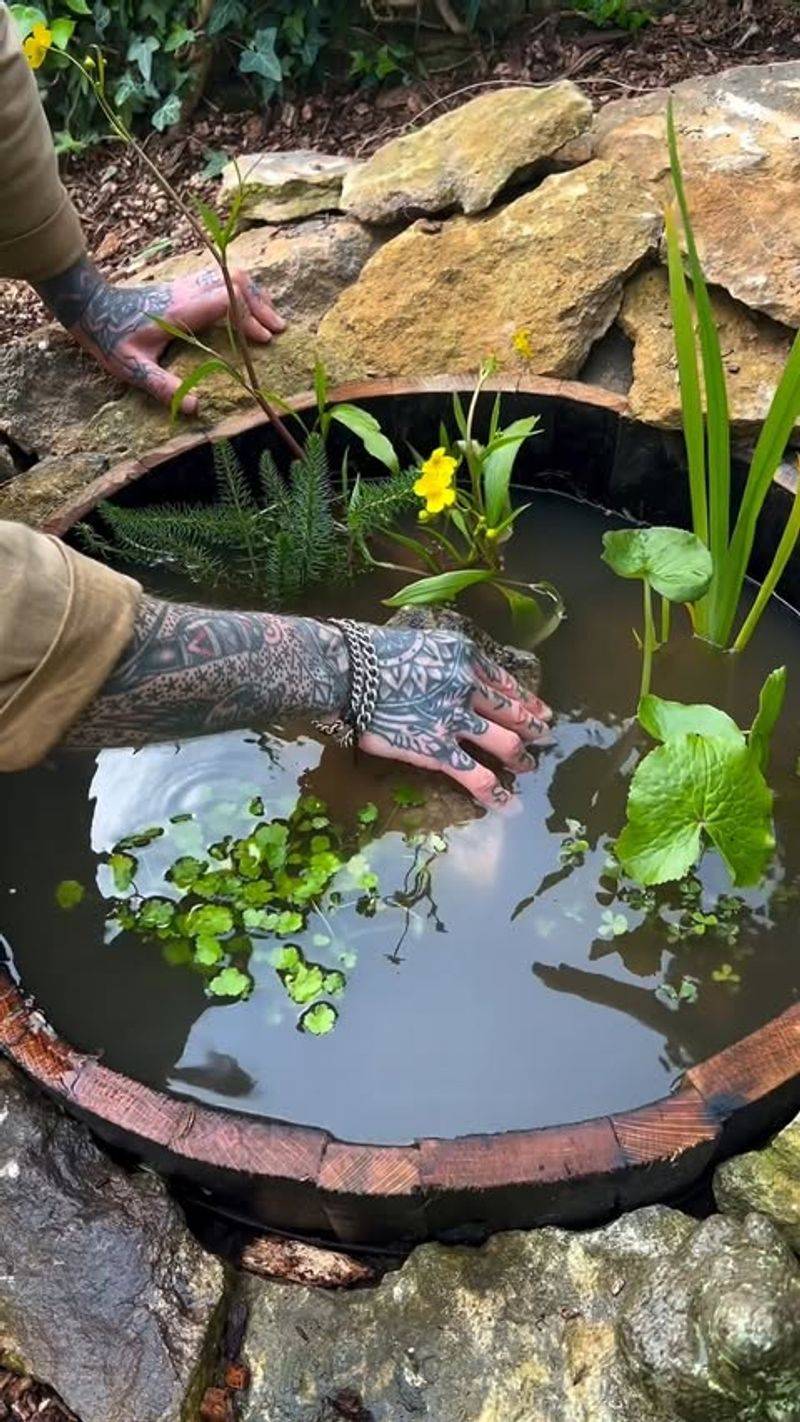
Intentionally or unintentionally attracting wildlife through your garden practices can violate Nevada Department of Wildlife regulations. Bird feeders that attract nuisance species, unsecured compost, or plants that draw dangerous wildlife are problematic.
In areas with coyote or mountain lion activity, certain garden practices are strictly regulated. Fines range from $50 for minor infractions to $500 for creating situations that endanger wildlife or neighbors. Repeat offenders may face criminal charges for wildlife baiting.
15. Excessive Night Lighting
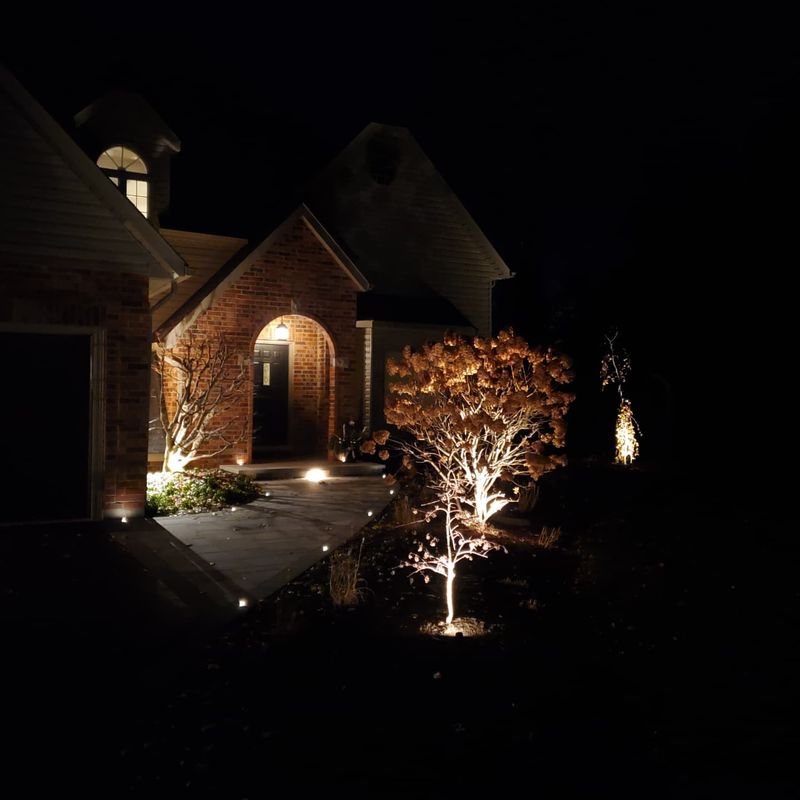
Garden lighting that creates light pollution or disturbs neighbors violates dark sky ordinances adopted by many Nevada communities. Bright, upward-facing lights or excessive decorative lighting can trigger complaints.
Most counties require garden lighting to be shielded and directed downward. First violations typically result in warnings, but continued non-compliance can lead to fines of $100-$250. Some areas have seasonal restrictions during wildlife migration periods or astronomical observation windows.
16. Neglecting Dead Vegetation Removal
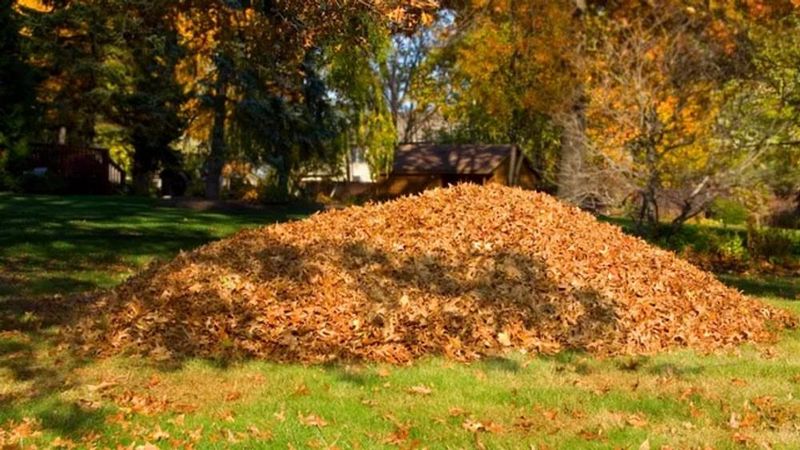
Dead plants and dried vegetation create serious fire hazards in Nevada’s dry climate. Most counties require prompt removal of dead plants, especially during high fire danger seasons.
Fire marshals can issue citations for properties with excessive dead vegetation, particularly in wildland-urban interface zones. Fines typically start at $100 but can reach $1,000 or more in high-risk areas. During extreme fire conditions, authorities may enter properties to remove hazards and bill the owners.


